 Abraham Lincoln
If given the truth, the people can be depended upon to meet any national crisis...
Abraham Lincoln
If given the truth, the people can be depended upon to meet any national crisis...
 Guildford news...
for Guildford people, brought to you by Guildford reporters - Guildford's own news service
Guildford news...
for Guildford people, brought to you by Guildford reporters - Guildford's own news service
Birdwatcher’s Diary No.70
Published on: 13 Sep, 2014
Updated on: 17 Sep, 2014
By Malcolm Fincham
”For my own part I have never had a thought that I could set down in words with more distinctness than I’ve conceived it. ”
Just to borrow a few lines from the magnificent lyrics of a song called A Dream Within A Dream by Alan Parsons, also known for his production work on Pink Floyd’s Dark Side Of The Moon album, as well as his solo work.
Fortunately for my part, I am most grateful for the visual aid of my digital cameras to assist me in creating an extra dimension to my written work with my pictures.
And for the most part of which, during the first two weeks of September, I spent at a number of locations in the Guildford area. With the weather both dry and sunny, it gave me some great photo opportunities.
On my local ‘patch’ at Stoke Lake most of our summer-breeding migrants now seemed to have moved on and are now making their long journeys back to Africa. They leave large flocks of our non-indigenous Canada geese on our local lakes. Introduced to the UK back in the 18th century, they now gather and fly from lake to lake seemingly not knowing where to migrate to.
Some are known to hybridise with other species of geese making for some unusual variations.
Looking among the many Canada geese on the lake I also managed to pick out a semi-domesticated greylag goose.
A rather pleasing sight on the lake has been my continued sightings of a kingfisher as it skims back and forth across water.
As well as both adult great crested grebes, two juveniles can still be seen feeding independently now and will hopefully stay to endure our coming winter.
Various small birds, including long-tailed tits, are now starting to gather in flocks making their squeaky call – especially during the last few hours of light as they prepare to roost.
In the field at the southern end of the lake a family of reed buntings could be seen most evenings, moving between the small hawthorn bushes, giving me a chance to take a few photos.
Personally, my best sighting in the last few weeks was there while viewing the reed buntings. This was on both September 2 and 3, when I had the pleasure of even getting a few pictures of a whinchat that had taken time out to feed up ahead of its journey back from its northerly breeding grounds and onwards to Africa – quite a rare sighting for Surrey!
However, among the best places for rare Surrey sightings is Tice’s Meadow near Tongham. This has certainly been the case with some of the more avid birdwatchers over the last few weeks, especially in the way of waders, such as pectoral sandpiper, curlew sandpiper, ruff and little stint, to name a few.
Although viewing is quite distant there, and a telescope is essential to make a decent scan around the scrape, I was able to get a few record shots of four garganey when on a visit with fellow birdwatching enthusiast Dougal on September 6.
Elsewhere on my travels around Guildford I was able to snatch a few pictures of butterflies that were still out on the wing on a number of rather pleasant sunny days.
These included numerous speckled wood butterfly.
Even managing to almost focus on two while ‘on the wing’.
Another butterfly commonly seen has been the comma.
And even a rather fluffy looking robin – obviously having a bit of a bad hair day!
Another place I found time to visit was Farnham Heath RSPB, where I photographed at Dartford warbler – a bird now making a comeback.
These birds have been quite a rare sight in Surrey, living on our heaths, which are some of the most northerly points of their breeding range.
Finally, I visited Thursley Common, mainly hoping to get a few dragonfly pictures.
Although not very knowledgeable on the many varied types, it gave me a good chance to practise my focusing skills.
Sometimes with a moderate amount of success.
Along the boardwalk common lizards could still be viewed.
While out on the heathland stonechats could be seen.
As well as a few small copper butterflies.
Last of all is a warning to those readers out there with a fear of arachnids (spiders) not to scroll down the page any further – certain members of my family included.
As noted in one of my previous reports last year, this friendly little devil is the dolomedes fimbriatus or great raft spider, and is the largest of our UK spiders, but fortunately harmless and a close relative to the less common fen spider.
It lives at the water edge of our heathland bogs and can be often seen with its front legs resting on the water’s edge, detecting vibration of prey such as pond skaters and even dragonfly, as a recent picture shows.
Responses to Birdwatcher’s Diary No.70
Leave a Comment Cancel replyPlease see our comments policy. All comments are moderated and may take time to appear. Full names, or at least initial and surname, must be given.

"Found any?" - "Nope, it all looks green to me!" (See Opinion: The Future is Congested, the Future is Grey)


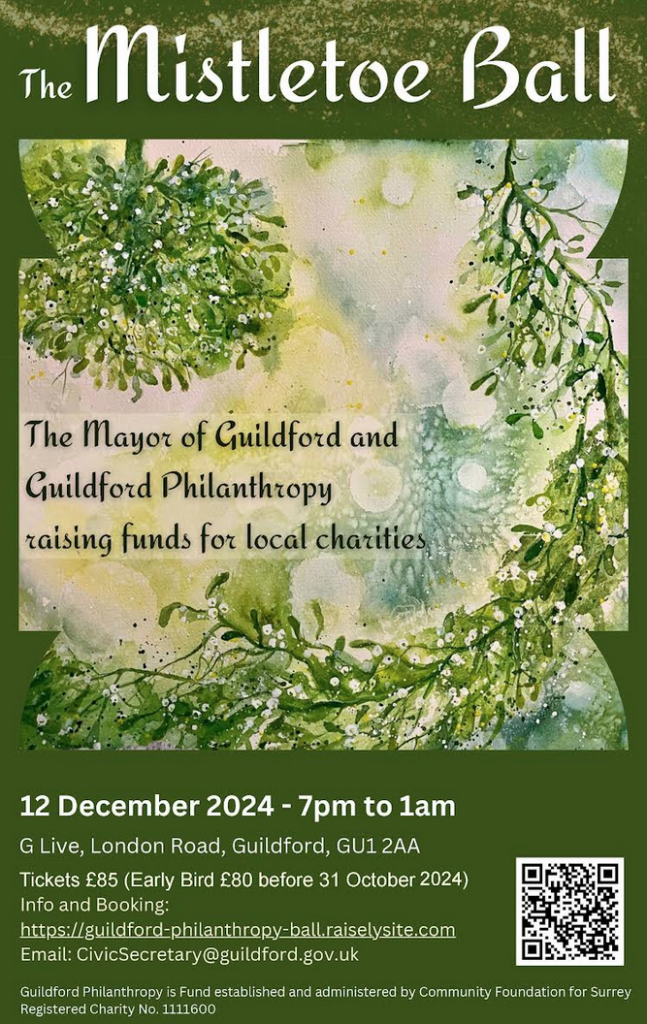

Recent Articles
- Column: Guildford’s MP Writes – Championing the Needs of Guildford and Our Villages
- City Win at Last With Three Penalties in Cup Tie
- Letter: Development of Gosden Hill Could Be an Opportunity for Improvement
- Sara Sharif Trial Latest – Defence Says Sara’s Uncle ‘Facing Murder Count on Absolutely Nothing’
- Ash Level Crossing Row: GBC Rejects Cabinet Member’s Statement As ‘Factually Incorrect’
- Letter: What Will Be Done for Burpham Residents Now?
- Updated: County Council Cabinet Confirms Its Decision on London Road Scheme
- Postcode Lottery Police Funding – It ‘Cannot Be Fair’ Says Police Commissioner
- Heartbreak for City Again as Two Extra-time Goals Snatch Victory
- Letter: All Three Major National Parties Are Relaxed About Green Belt Giveaways


Recent Comments
- Warren Gill on Ash Level Crossing Row: GBC Rejects Cabinet Member’s Statement As ‘Factually Incorrect’
- Olly Azad on Heartbreak for City Again as Two Extra-time Goals Snatch Victory
- Brian Holt on Heartbreak for City Again as Two Extra-time Goals Snatch Victory
- Helen Skinner on Updated: County Council Cabinet Confirms Its Decision on London Road Scheme
- John Oliver on Updated: County Council Cabinet Confirms Its Decision on London Road Scheme
- John Ferns on Ash Level Crossing Row: GBC Rejects Cabinet Member’s Statement As ‘Factually Incorrect’
Search in Site
Media Gallery
Dragon Interview: Local Artist Leaves Her Mark At One of England’s Most Historic Buildings
January 21, 2023 / No Comment / Read MoreDragon Interview: Lib Dem Planning Chair: ‘Current Policy Doesn’t Work for Local People’
January 19, 2023 / No Comment / Read MoreA3 Tunnel in Guildford ‘Necessary’ for New Homes, Says Guildford’s MP
January 10, 2023 / No Comment / Read More‘Madness’ for London Road Scheme to Go Ahead Against ‘Huge Opposition’, Says SCC Leader
January 6, 2023 / No Comment / Read MoreCouncillor’s Son Starts Campaign for More Consultation on North Street Plan
December 30, 2022 / No Comment / Read MoreCounty Council Climbs Down Over London Road Works – Further ‘Engagement’ Period Announced
December 14, 2022 / No Comment / Read MoreDragon Interview: GBC Reaction to the Government’s Expected Decision to Relax Housing Targets
December 7, 2022 / No Comment / Read MoreHow Can Our Town Centre Businesses Recover? Watch the Shop Front Debate
May 18, 2020 / No Comment / Read More



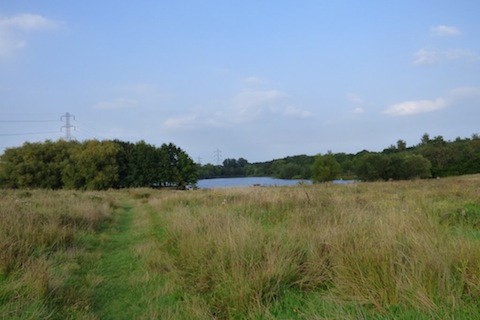
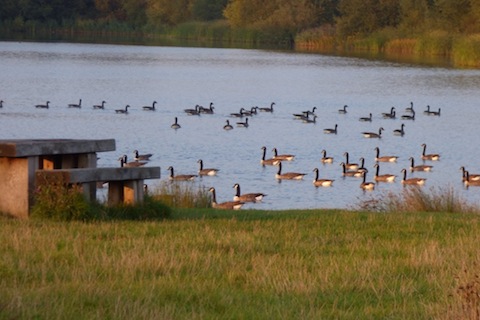
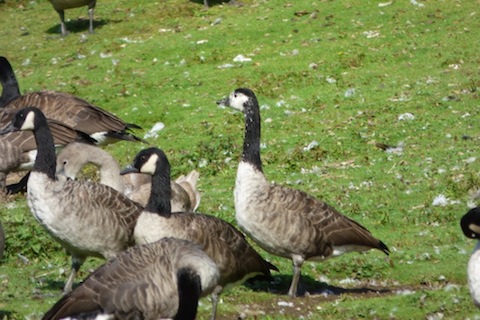
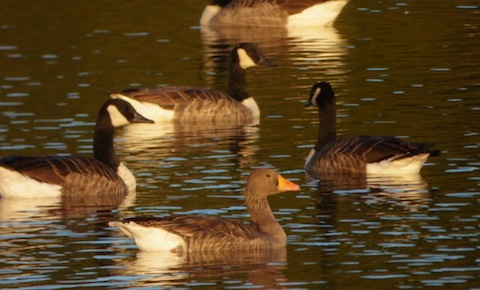
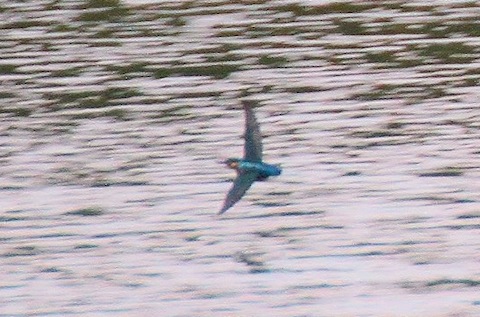
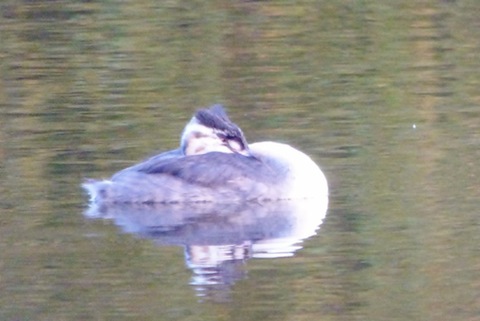
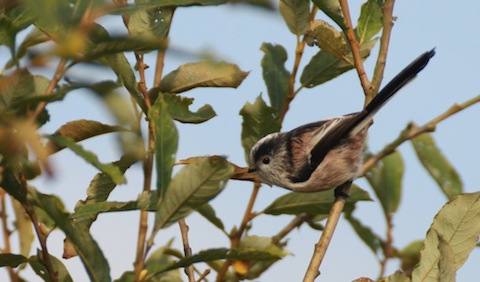
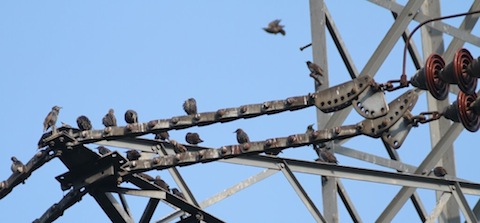
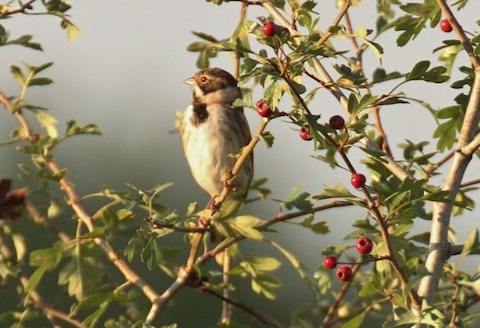
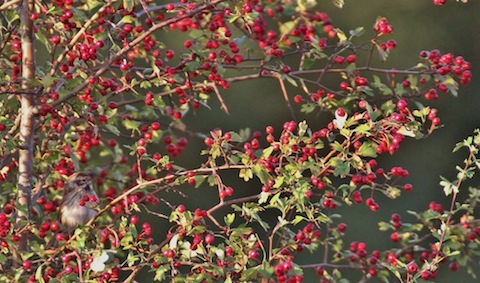
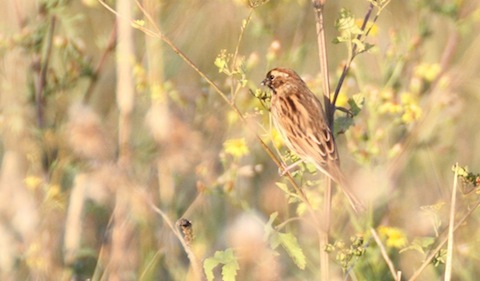
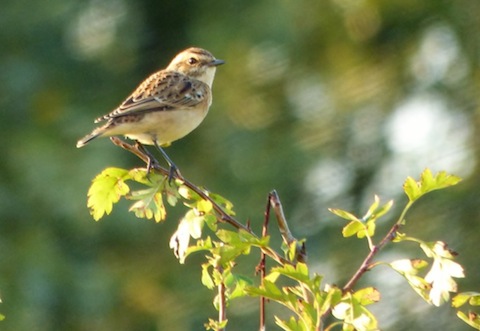
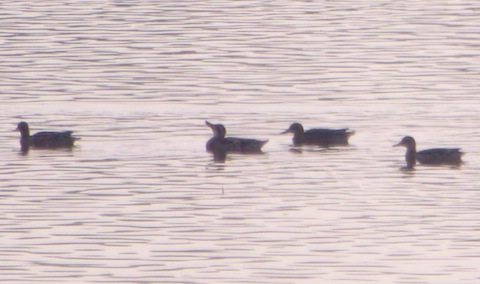
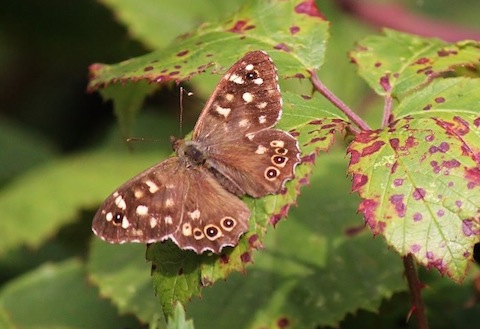
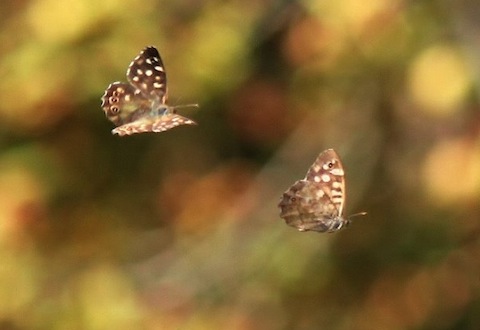
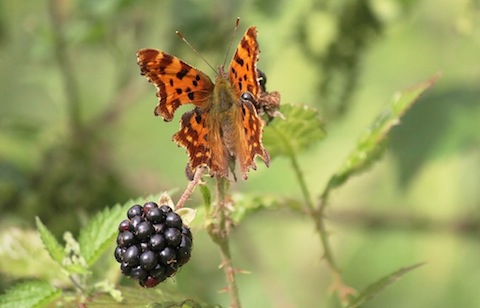
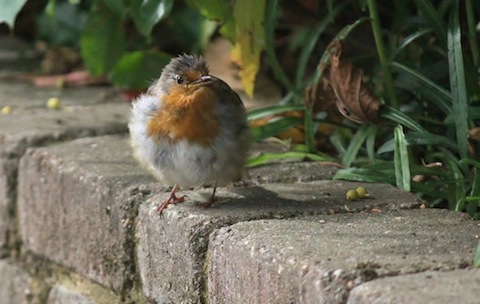
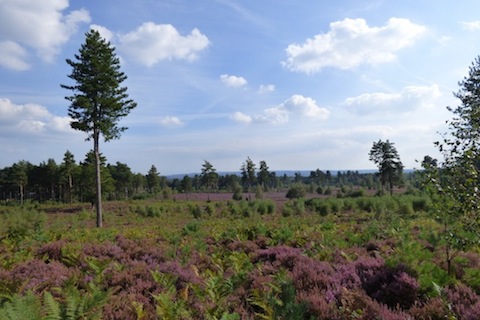
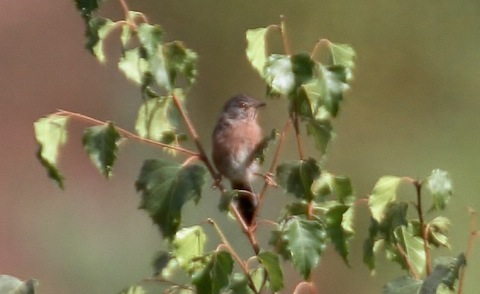
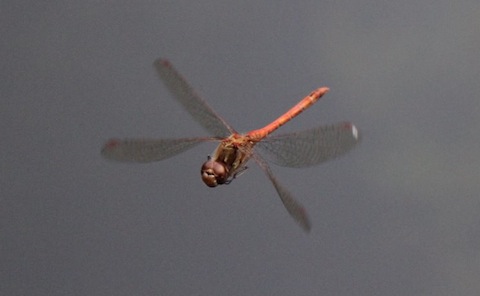
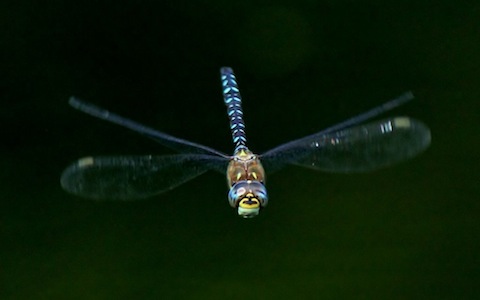
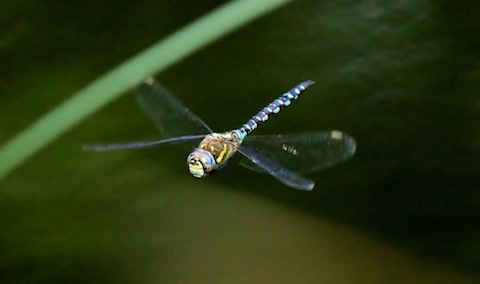
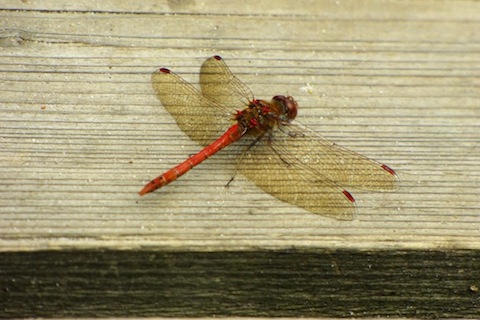
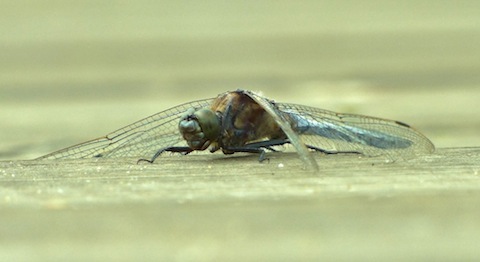
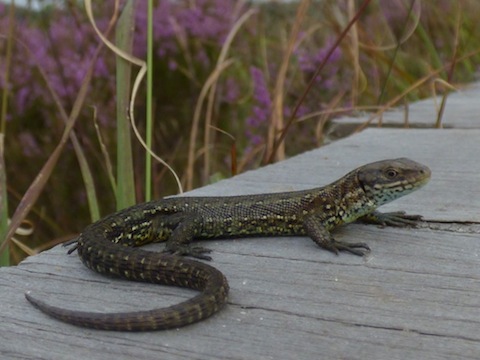
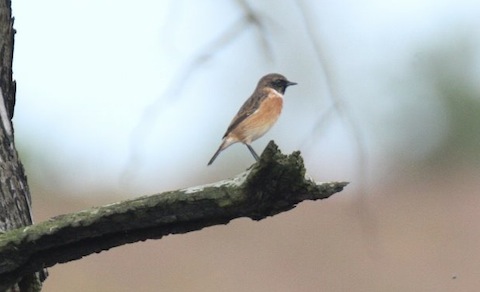
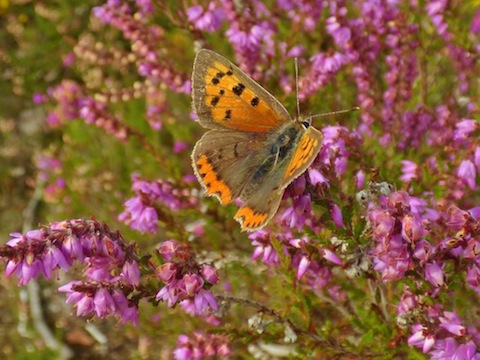
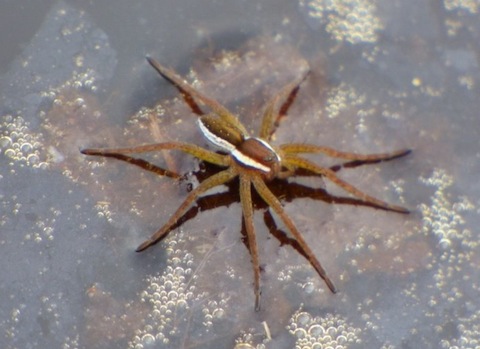
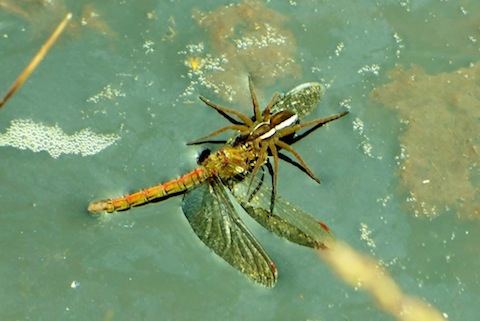



Steve Balchin
September 14, 2014 at 11:30 am
Great report. Brilliant photographs. I particularly liked the spot the bird photo.
Can we have a regular competition with prizes please?
Malcolm Fincham
September 15, 2014 at 1:20 am
I would like to thank Steve Balchin for his kind remarks.
It sound like a great idea to have a spot the bird competition. Perhaps we could run it in conjunction with the long running ‘speed boat’ one that seems to often appear in the comments of ‘Where is this?’ in the Though Time section by David Rose of this website.
[David Rose adds: yes, if Malcolm would like to add an extra photo from his growing archive featuring a mystery bird, that would be great. No prizes I am sorry to say, but it would be good fun to test our readers’ ornithological observation skills.]